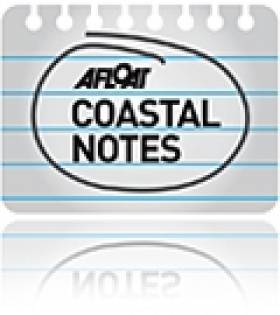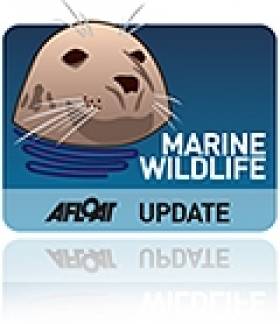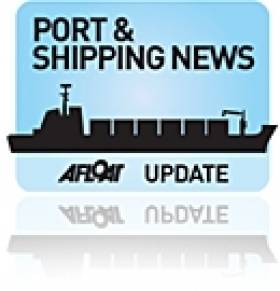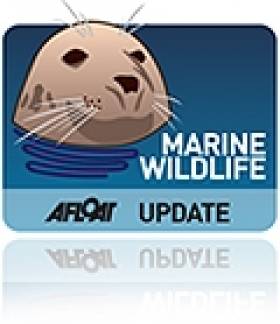Displaying items by tag: Oil Spill
Skerries Oil Spill Prompts Beach Closure
#OilSpill - An oil spill at Skerries Harbour in North Co Dublin has prompted the closure of Skerries North Beach as a precaution.
RTÉ News reports that the spill is a minor incident, and that Fingal County Council is monitoring the situation in Skerries and area beaches.
Skerries North Beach, while popular with locals, is not among the designated bathing areas listed by region by Irish Water Safety HERE.
#MARINE WILDLIFE - The Limerick branch of Birdwatch Ireland is seeking volunteers to assist in rescuing birds from oil spillages in the Shannon Estuary.
A report in the Limerick Post recounts a recent meeting at Shannon Rowing Club, where Birdwatch Ireand highlighted the impact on the environment and marine wildlife from both major and minor oil spills.
The meeting also discussed the role that local birdwatchers can play in determining crucial spillage incident response times.
A training exercise at Poulnasherry Bay is being organised for next month using equipment donated to the Irish Seal Sanctuary, preceeded by a similated planning exercise and "on-the-ground response".
The Irish Seal Sanctuary will also provide opportunities for training in the rehabilitation and cleaning of spillage-affected birds.
The Limerick Post has much more on this story HERE.
New Zealand Cargo Ship Wreck Breaks Up in Heavy Seas
#SHIPPING - The Greek-owned cargo ship which ran aground off New Zealand three months ago - described as the country's worst maritime disaster - has split in two in heavy seas.
In a scene thankfully avoided closer to home, with the successful tranfer of 54,000 tonnes of vacuum gas oil from the damaged tanker Germar Companion in Belfast Lough, rough conditions off the New Zealand coast have caused the stern section of the Rena to snap off.
As many as 300 containers were washed overboard, polluting the water with milk powder and other debris, and fears are growing of a new oil spill in the coming days posing a threat to marine wildlife.
According to BBC News, hundreds of tonnes of fuel have spilled into the sea since the ship first ran aground at the Atrolabe Reef off North Island on 5 October, causing the deaths of hundreds of seabirds.
Though more than 1,100 tonnes of oil have been removed from the stricken vessel, some 385 tonnes remain aboard.
BBC News has more on the story HERE.
Warning Over Oil Drill Threat to Rathlin Island Wildlife
Wildlife on Rathlin Island could be under threat if oil-drilling licences are awarded in the area, the Belfast Telegraph reports.
The north Antrim coast has been earmarked as a site for potential oil exploration in the latest round of British Government licensing, despite the area being designated as both a Special Protection Area and a Special Area of Conservation.
Environmental experts have warned of the devastating effect that oil drilling could have on marine wildlife on Rathlin Island and the nearby coastline.
"We've seen off the coast of Aberdeenshire that no matter how careful the drilling, there is always the risk of a spill," said Claire Ferry of the RSPB.
"In this case the spill happened far away from any vulnerable wildlife colonies, but just imagine the impact if that oil was washing onto a globally important seabird colony."
The Belfast Telegraph has more on the story HERE.
Sailing Sojourn by BP Oil Boss Not So Slick
The Chief Executive of beleaguered oil giant BP has copped an unmerciful bashing in the press for taking the weekend off to sail the Round the Island Race around the Isle of Wight.
Tony Hayward is a part owner of the Farr 52 'Bob', formerly Bear of Britain, which finished fourth in Class Zero. News sites, blogs and the internet lit up with criticism of Hayward for hob-nobbing with 'millionaire yacht owners' in the Solent while BP's broken rig continued to spew oil into the Gulf of Mexico, with no end to the crisis yet in sight.
His participation even drew comment from the White House Chief of Staff, Rahm Emanuel, who said: "I think we can all conclude that Tony Hayward is not going to have a second career in PR consulting. This has just been part of a long line of PR gaffes and mistakes."
To see the depth of the ire, simply Google 'BP CEO Sailing' and take your pick...




























































